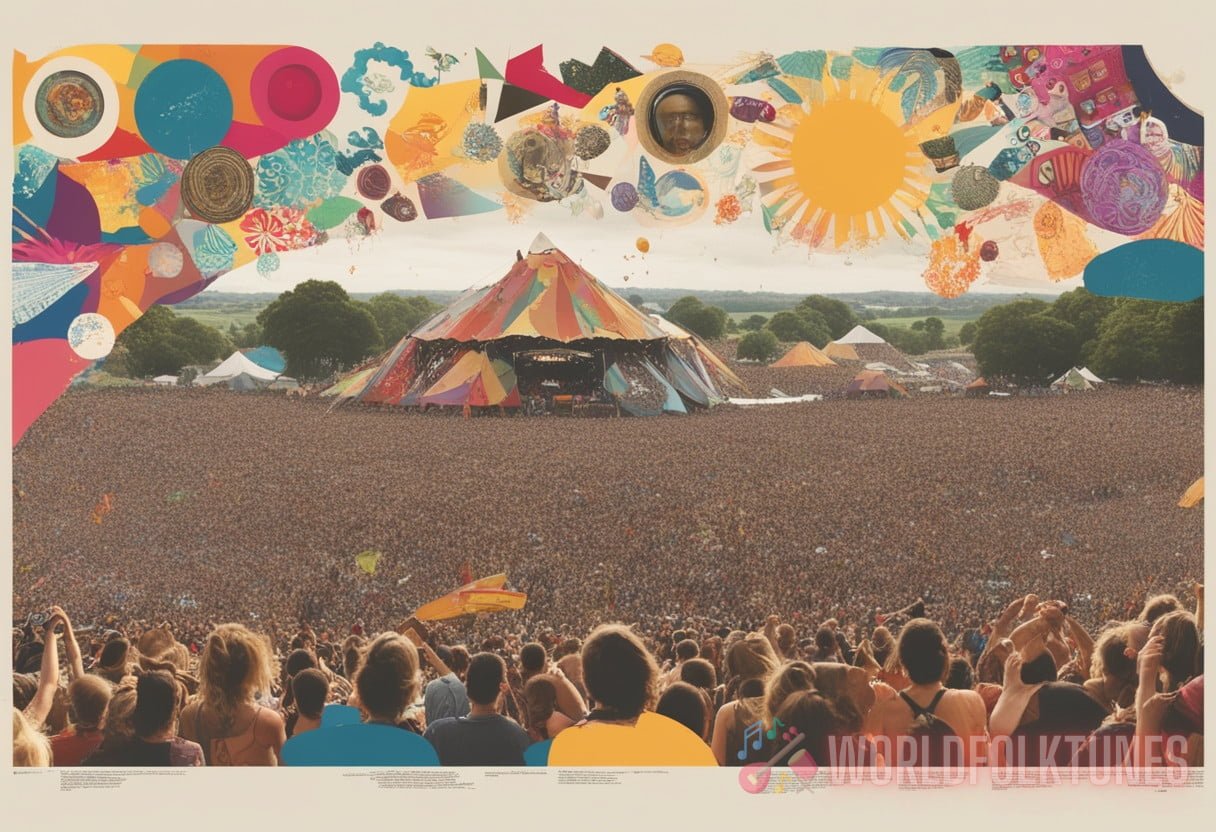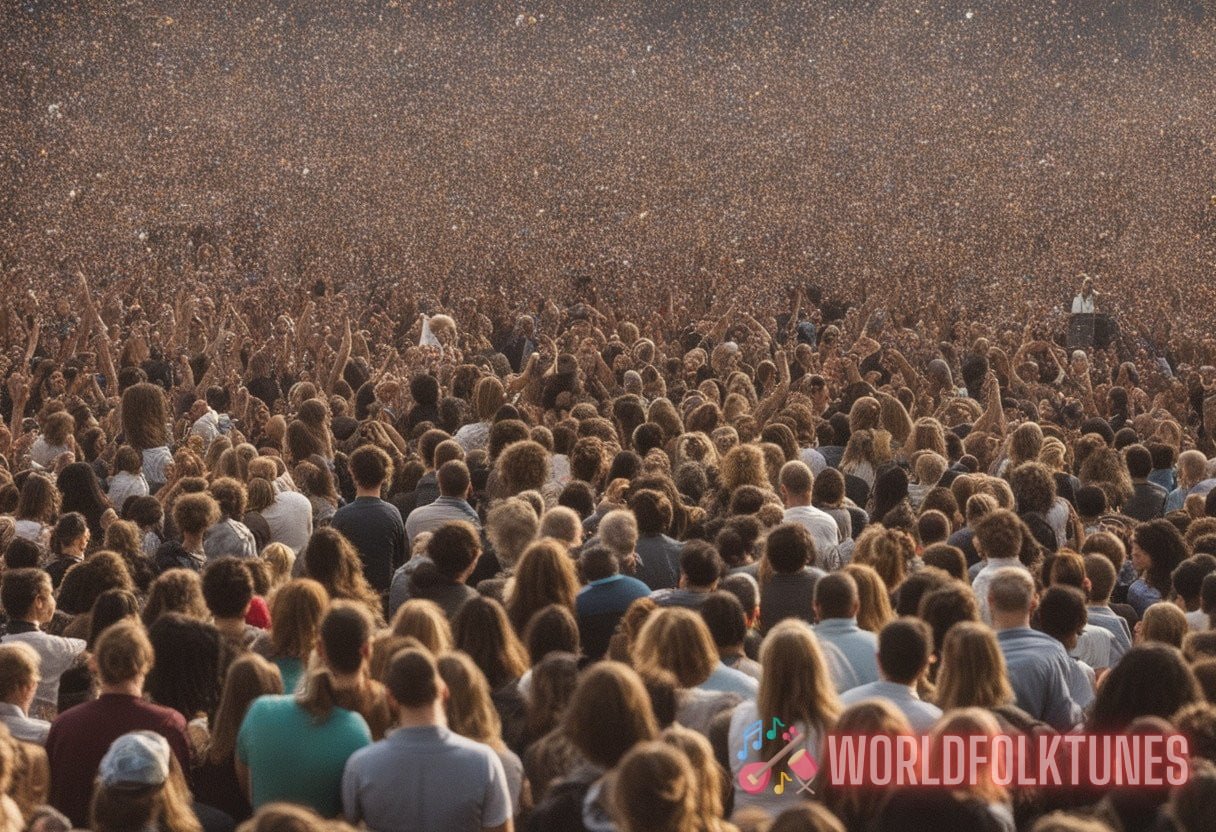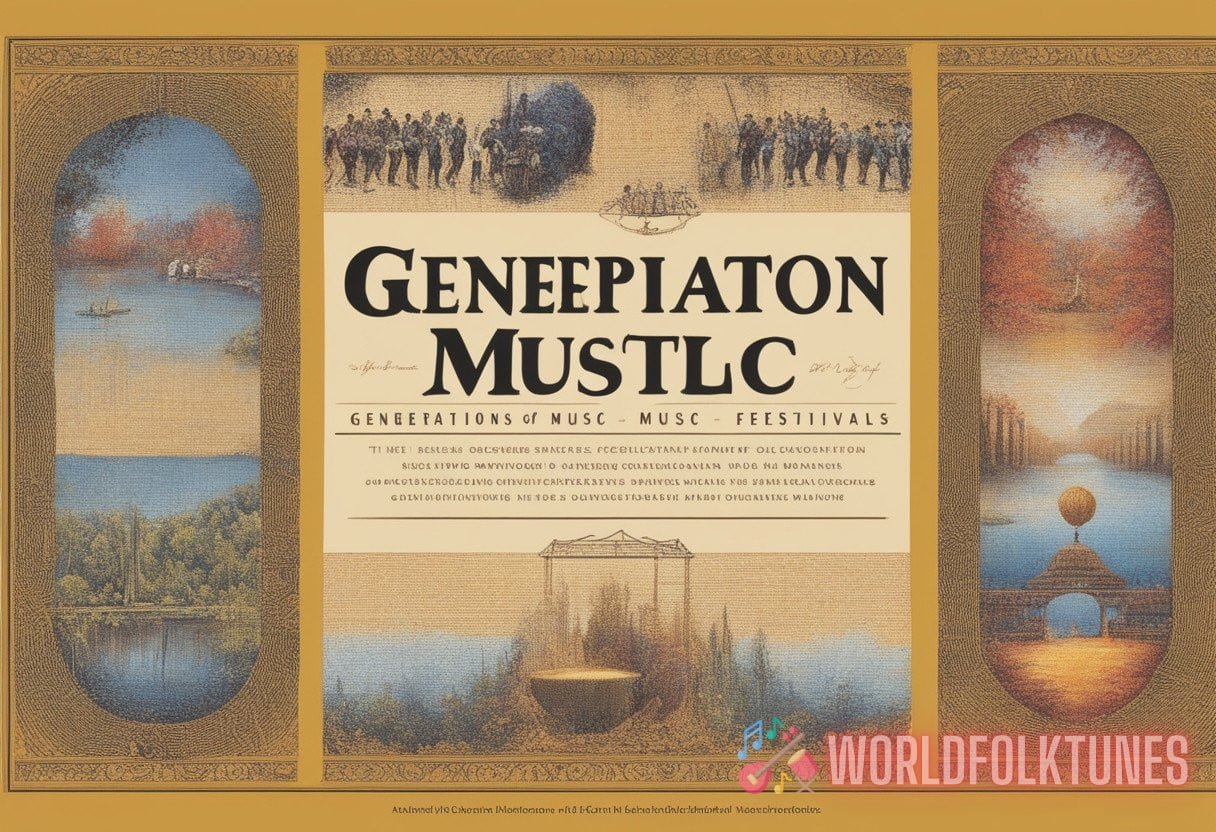Echoes of Unity: Investigating the Social Impact of Music Festivals Across Cultures
The symphony of music festivals resonates far beyond the concert grounds. These vivid celebrations of sound provide a plethora of social impacts, bridging gaps, fostering unity, and enhancing cultural exchange across the globe. This comprehensive investigation delves into various dimensions of this phenomenon, highlighting the echoes of unity forged through melodies shared in diverse cultural contexts.
Understanding Music Festivals
An Overview
Music festivals are not just gatherings of bands and spectators; they represent dynamic intersections of culture, art, and community. They range from colossal events like Coachella, which draws hundreds of thousands of attendees, to intimate folk gatherings reflecting regional traditions.
Historical Context
The history of music festivals traces back to ancient times when communities used music and dance to mark significant occasions. One of the earliest known festivals is the Pythian Games in ancient Greece, highlighting music competitions integral to the cultural fabric.
Types of Music Festivals
- Genre-Specific Festivals: Events like Tomorrowland or Reggae Sumfest cater to specific music genres.
- Cultural Festivals: The Glastonbury Festival combines music with broader cultural expression.
- Folk Festivals: Explore global traditions through events like the Newport Folk Festival or WOMAD.
Social Impact of Music Festivals
Building Communities
Music festivals serve as powerful community builders. They foster a sense of belonging through shared experiences, nurturing bonds among attendees from diverse backgrounds. Coachella, for example, not only attracts international music enthusiasts but also creates an inclusive atmosphere welcoming all.
Encouraging Cultural Exchange
Festivals like WOMAD (World of Music, Arts, and Dance) are epitomes of cultural amalgamation, showcasing artists from across the globe. These events break down cultural barriers and promote understanding and appreciation of different cultures.
Economic Contributions
Besides social and cultural benefits, music festivals also significantly boost local economies. According to a report by the UK’s Association of Independent Festivals, the sector contributes over £1 billion annually.
Promoting Mental and Emotional Well-being
- Emotional Release: Festivals provide a space for emotional expression and catharsis.
- Community Support: Shared experiences at music events can combat feelings of isolation and loneliness.
- Stress Reduction: The immersive nature of music helps in reducing stress and promoting well-being.
Case Studies: Music Festivals Around the World

Glastonbury Festival
A beacon of cultural diversity, Glastonbury integrates music with performing arts. It fosters a community of inclusivity, drawing people from various demographics and engendering a shared sense of identity.
Coachella Valley Music and Arts Festival
Coachella exemplifies a melting pot of modern music and culture. It significantly impacts the community and local economy of Indio, California, highlighting the festival’s extensive social ramifications.
Fuji Rock Festival
This festival is a testament to Japan’s open embrace of global music cultures. It serves as a cultural hub, attracting international artists and attendees, fostering intercultural dialogue.
The Role of Technology in Music Festivals
Enhanced Connectivity
Advances in technology have revolutionized music festival experiences. Live streaming services allow global participation, breaking geographical barriers. Virtual platforms have expanded the reach of events like those listed in Virtual Performances, offering immersive experiences beyond physical attendance.
Social Media Influence
- Real-time Engagement: Social media platforms enable real-time interactions, enriching the festival experience.
- Global Reach: Hashtags and live updates attract a wider audience, amplifying the social impact.
- Event Sustainability: Digital promotions support sustainable practices by reducing paper waste.
Challenges and Opportunities in Organizing Music Festivals
Sustainability Issues
One primary challenge is managing the environmental footprint. Festivals generate significant waste, prompting initiatives like Glastonbury’s plastic-free policy to mitigate impact.
Inclusivity and Accessibility
Ensuring inclusivity and accessibility remains a critical focus. Many festivals are now adopting policies to accommodate differently-abled attendees, promoting an inclusive environment for all participants.
Future Opportunities
The future of music festivals lies in leveraging technology for enhanced experiences, fostering global unity, and implementing sustainable practices. Emerging virtual reality (VR) technology promises to revolutionize the way we experience music festivals.
Conclusion
In conclusion, music festivals embody the echoes of unity, creating profound social impacts across cultures. They serve as platforms for community building, cultural exchange, and economic growth, while also promoting mental well-being. The social impact of music festivals is a testament to the power of music in unifying diverse communities and fostering a global culture of inclusion and understanding. To explore some of the best folk festivals worldwide, be sure to visit this detailed guide on Discover the Best Folk Fests Worldwide.



